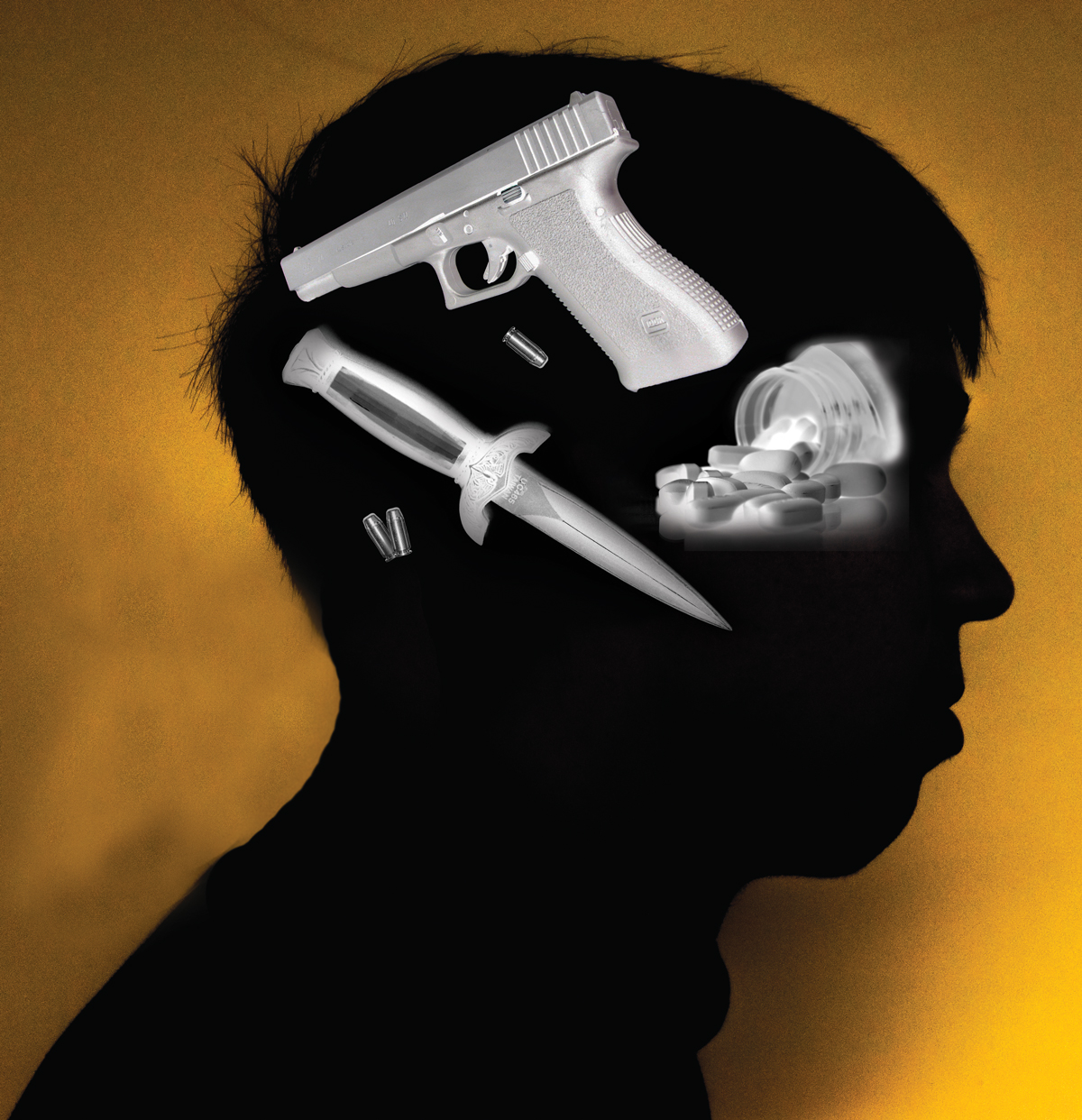
By Jon Parton
Charles Joseph Whitman was a Marine, a Boy Scout troop leader, and a student of architectural engineering at the University of Texas. His wife taught biology at a nearby high school.
On Aug. 1, 1966, Whitman entered the observation deck of the Main Building at the university and began firing a high powered rifle at people on campus. An autopsy later found a tumor in his brain that may have affected his behavior.
Whatever the cause, many people suffer from serious mental health illnesses such as major depression, schizophrenia, or bipolar disorder. According to the National Alliance on Mental Illness (NAMI), one in 17 American adults and an estimated one in 10 children suffer from some kind of serious mental health disorder.
This past summer has seen a number of mass shootings in the national headlines. Susie Sympson, adjunct professor, Psychology, believes that too much attention is being placed on the violence rather than the reasons behind it.
“I think that we’ve turned into a society that, you know, watches maybe in horror, but they watch these things,” Sympson said. “They are very much attracted to these things.”
She said action needs to be taken to help people with mental illness before it reaches a point where a person inflicts harm on themselves or others.
“The majority of our homeless people are mentally ill,” Sympson said. “The number of mentally ill in jails is super high. We don’t have the services, we don’t pay attention to the things that we can do.”
She added that people are more likely to commit suicide than to harm others. According to the Centers for Disease Control and Prevention (CDC), suicide was the eleventh leading cause of death of Americans and the third leading cause of death of Americans ages 15 to 24.
Sympson said people with mental health disorders do not just “snap.”
“That’s very simplistic,” Sympson said. “There is no one thing. There are lots of things. We can’t get away from society and what society is doing.”
Michelle Salvato, professor, Psychology, works to address mental health issues in children. She said behavior can sometimes be linked to family.
“History and psychology has shown normal people are capable of horrendous things,” Salvato said. “I think what happens is there may be a genetic vulnerability.”
She believes parents play one of the most important parts in developing good mental health for their children.
“People don’t learn coping skills,” Salvato said. “I just don’t think parents teach kids coping skills.”
Brad Redburn, chair, Psychology, said that psychologists have yet to discover a link in behavior between violent killers.
“They have looked into aggressive behavior for a very long time,” Redburn said. “And what they’re finding is that there are no patterns. These seem to happen under exceptional circumstances.”
Redburn said there is not a lot of evidence to study because mass killings are so rare.
“There’s a perception that it’s more common,” Redburn said. “It’s sort of like when an airplane crashes. It makes the news because it rarely happens.”
He added that people should simply communicate better in order to help others.
“You run the risk of a false positive if you don’t talk to a person you suspect is having problems,” Redburn said. “It’s very much a situation-by-situation situation.”
Contact Jon Parton, managing editor, at jparton@jccc.edu.























[…] Jon “Alone, Fearful, Desperate: The Psychology of a Troubled Mind.” The Campus Ledger [Overland Park, KS] 6 Sept., 2012, […]